George White, Director of Educational Development

George White, as the ISMC Director of Educational Development, supported by ISMC affiliate corporation, Forever Identity, with an Education Department professor from Lehigh University and the Bethlehem, PA School District in creating an innovative methodology in teaching STEM subjects. ISMC’s Persona technology will be leveraged into an “ Alien” that has been tested in Milan, Italy on 2nd grade students. This latter project proved that “ edutainment” can create excitement in teaching science. However, in that project, it was presented outside the curriculum and standard education measurements were not performed. In this Bethlehem project that will be instituted in the Fall, 2018, it will be part of the standard curriculum and proper measurements will be used so that the project can be submitted to a peer review education publication.
The “Alien” will be used in an integrated curriculum on Space and Planets that will be developed by the Bethlehem School District. The user of the product will help develop the presentation. Bethlehem has allocated their Head of STEM development along with a 6th grade science teacher to develop and to integrate content. Dr. George White, a professor from Lehigh University, will lead the design of the project to eliminate environmental and timing variables. Presentations will be performed at different times of the day to elucidate the best times for implementation of the program. Statistical analysis will be used to determine the efficacy of “edutainment” in teaching STEM . Since the Bethlehem School District can follow a student through high school, it will be easy to measure retention of material and gage long term enthusiasm for STEM subjects . A control group that will not encounter the “Alien” will be measured simultaneously.
ISMC will use proprietary technology for the “Alien” Persona. Some of the early technology has been used in previous ISMC projects; however, in this case, the Persona of an “Alien” to meet 6th grade expectations must be created. Emotional, behavioral and empathy engines will be developed and integrated to meet the interactive questioning by the students. The Alien content will also need to be aligned with the course structure of Space studies that is part of Pennsylvania’s classroom teaching material.
Six attributes of STEM education will be implemented : introducing real world problems, using an engineering design process, teaching an open-ended discovery model, using team-work, applying mathematics and physics, and reframing failure as part of learning. The Persona will use Socratic methods to get students to discover answers to questions about STEM. They will be teaching the “Alien” about the Earth and scientific questions posed by the “Alien”. In this initial study, the Persona “Alien” Technology engines will be developed mainly for planetarium presentation. In later iterations, auditorium presentations will be developed. Also, tablet interface and hand-held interactive teaching programs will be created for the classroom. Virtual reality will be introduced, when appropriate, to simulate experiences of space travel.
After this Bethlehem demonstration, future distribution will be enabled throughout Pennsylvania.
The” Alien” will bring excitement, discovery and firsthand experience to the student. Once integration of the “Alien” is achieved throughout Pennsylvania, the “Alien” could then be customized to meet other US State’s STEM teaching programs. Since the underlying technology can support multiple different Persona forms and personalities, the Persona, like Da Vinci, could even be morphed into a STEAM historic figure to help create interest in the arts. The inherent presence of the arts within STEM subjects can be explored.
